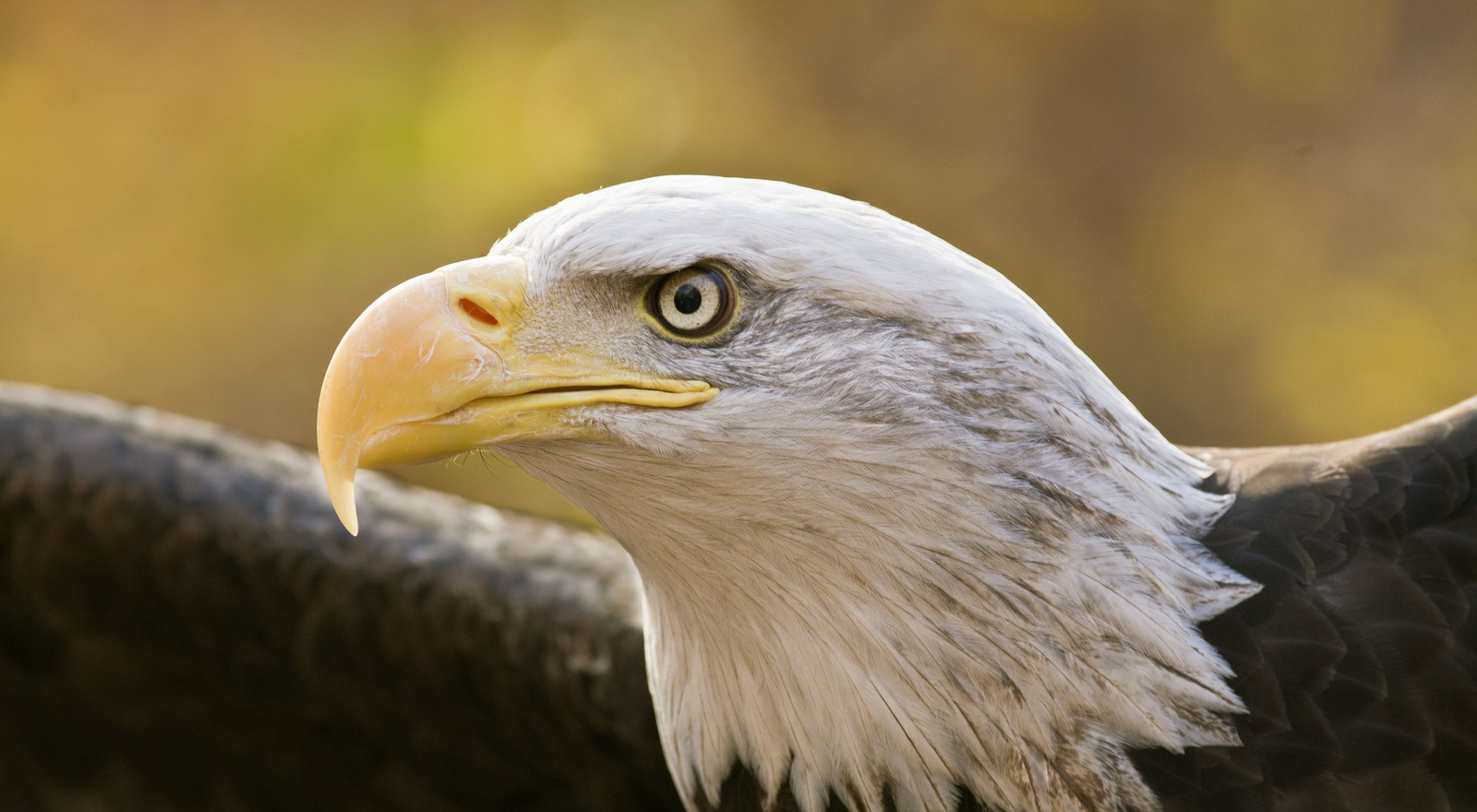The Return of Bald Eagles
In 1782, the bald eagle was named the U.S. national symbol—representing strength, courage and freedom. Today it could also be considered a symbol of survival. A few decades ago, the bald eagle was dangerously close to becoming extinct throughout the lower 48 U.S. states. Today, they're back from the brink and doing better than ever.
Habitat loss, over-hunting and the now-banned pesticide DDT were largely to blame for the eagles' rapidly declining numbers between 1870 and 1970. In Indiana, bald eagles were extirpated by 1900 due to the loss of wetland habitats. As breeding pairs continued to decrease in numbers throughout the country, it was apparent that something had to be done. In 1972 DDT was banned in the U.S., and in 1978 the bald eagle was listed as endangered. In August 2007, the U.S. Fish & Wildlife Services removed the bald eagle from the endangered species list as a result of their remarkable recovery.

5 Things You May Not Know about Bald Eagles
Learn more about these iconic birds.

More Bald Eagle Facts
- Bald eagles were named for their distinctive pure white head, neck and tail. Their scientific name—Haliaeetus leucocephalus—is Latin for "white-headed sea eagle."
- These birds are big—averaging between 27 to 35 inches tall with a 71-90- inch wingspan; females are slightly larger than males.
- Bald eagles can live up to 30 years in the wild, and 50 in captivity.
- Bald eagles tend to nest near lakes, rivers and other waterways on the tops of tall trees.
- Bald eagles' eyesight is quite impressive; they have eight times more resolving power than humans and can locate prey up to two miles away.
- Bald eagles are unique to North America. All U.S. states except Hawaii are home to these great birds and Alaska is the only state that has never had them listed as endangered or threatened.
